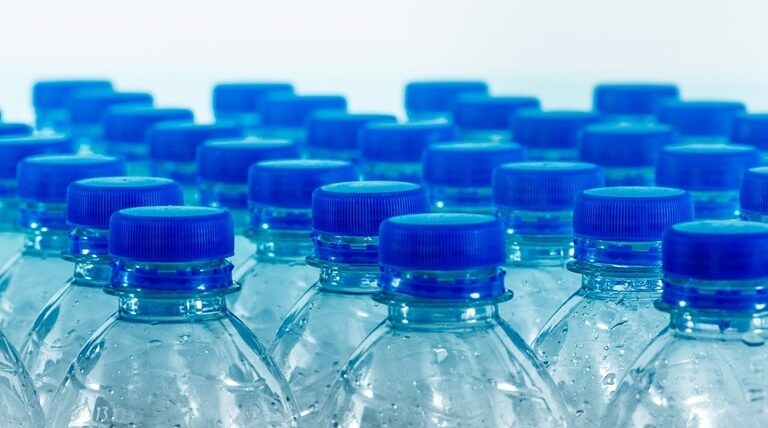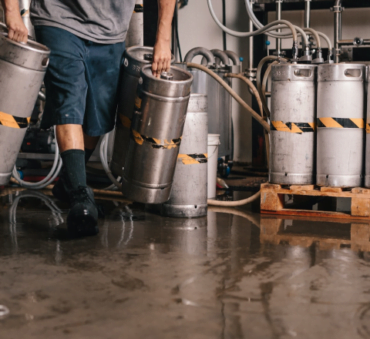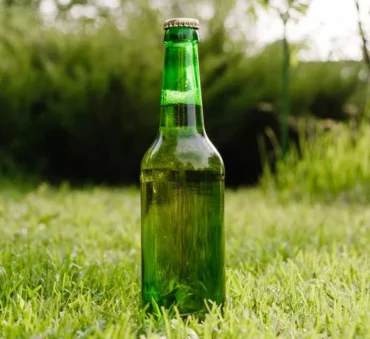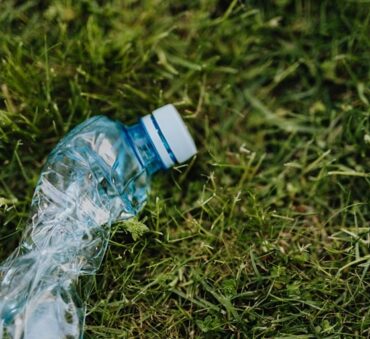The bottled water industry has witnessed an exponential growth of 73% in just one decade (2020-2030).
Additionally, 72% of Americans consider bottled water among their top choices for non-alcoholic beverages. With this widespread consumption comes also the burning question: does bottled water go bad?
While there is no limit to its shelf life, the qualities of bottled water can change over time based on the storage conditions, the container it’s stored in, and other factors.
Keep on reading as we uncover all the facts and myths surrounding bottled water, its shelf life, best storage practices, and the environmental impact associated with the consumption of bottled water.
Key Takeaways
- Bottled water typically doesn’t “expire” in the same way as perishable foods, but its quality may deteriorate over time, affecting taste and freshness.
- Tap water doesn’t have an expiration date and is treated to ensure safety and quality, though long-term storage may lead to a stale taste.
- The bottled water expiration date indicates the manufacturer’s recommendation for peak freshness, but the water is generally safe to consume beyond that date.
- Water itself doesn’t spoil or become unsafe as it doesn’t provide a good environment for microorganism growth.
Does Water Expire?
Water, the essence of life, is known for its remarkable chemical stability. Unlike many other consumables, water doesn’t contain organic matter that can decompose or spoil over time.
This leads to an intriguing question: Can water expire?
The short answer is no. Water, in its purest form, doesn’t have an expiration date. This is because its chemical composition, H2O, remains incredibly stable. Unlike perishable goods, water doesn’t undergo processes like fermentation or decay that cause them to go bad.
So, whether your bottled water has been stored for a few months or a few years, it won’t technically expire.
Shelf Life of Bottled Water
Bottled water is a convenient and safe way to stay hydrated and is known for its extended shelf life.
In fact, the U.S. Food and Drug Administration (FDA) has determined that there is no specified limit to the shelf life of bottled water.
This means that, according to the FDA, bottled water doesn’t inherently “expire.” As long as it’s stored properly and the packaging remains intact, bottled water can technically last indefinitely.
However, it’s crucial to note that while water may not expire, its taste and qualities can be affected by various external factors.
Can Bottled Water Go Bad?
The quality of bottled water can be influenced by storage conditions, exposure to sunlight or heat, and the type of container used.
Let’s delve into some of these scenarios:
- Storage conditions: When stored in a cool, dry place away from direct sunlight and heat sources, bottled water remains safe for consumption. However, exposing it to prolonged high temperatures or direct sunlight can lead to the leaching of chemicals from the plastic container into the water. The result? Bad taste and potential contaminants that make the water unpleasant for consumption.
- Damaged packaging: Physical damage to the bottle or its seal can compromise the integrity of the water. A cracked or damaged bottle can allow contaminants from the environment to enter the water, potentially making it unsafe to drink.
- Expiration date: While the FDA doesn’t require bottled water to have an expiration date, some manufacturers choose to label their products with a “best-by” or “use-by” date for quality control purposes. Consuming bottled water past this date doesn’t necessarily pose health risks, but its taste and freshness may deteriorate over time.
- Biological contaminants: If a bottle is opened and left exposed, it can become a breeding ground for microorganisms. Bacteria and algae may develop in the water, leading to an off-putting taste and potential health concerns if consumed.
- Chemical contaminants: In certain situations, the plastic used in the bottle may release harmful chemicals into the water, particularly when exposed to heat. While the levels of such contaminants are typically within regulatory limits, it’s best to store bottled water properly to minimize any potential risks.
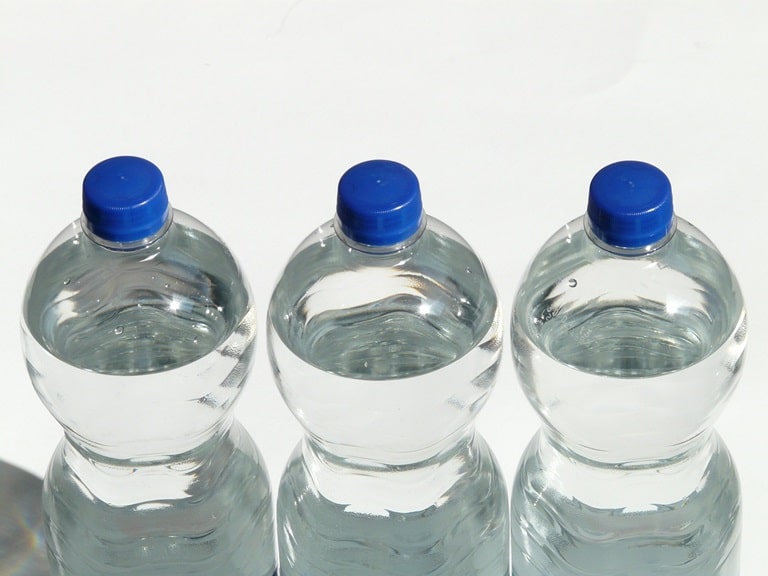
How to Detect Expired or Contaminated Bottled Water?
Recognizing the signs of expired or contaminated bottled water is essential to ensure consumers’ safety. Here are some indicators to look for:
- Unpleasant taste: One of the most noticeable signs of spoiled bottled water is a distinct change in taste. Fresh water should be neutral and refreshing. If the water tastes unusual, such as metallic, bitter, or has an off-putting flavor, it may be compromised.
- Odor: Bottled water should be odorless or have a clean, subtle scent. If you detect any unusual or foul odors when opening the bottle, it’s best not to consume it.
- Altered color: Typically, bottled water should be clear and colorless. If you observe any discoloration, cloudiness, or unusual particles floating in the water, it may be contaminated.
- Damaged packaging: Inspect the bottle for any signs of damage, such as cracks, punctures, or compromised seals. If the bottle is damaged, it can let contaminants into the water, affecting its safety.
- Check the expiration date: If the water is past its expiration date, it may not taste as fresh, but it doesn’t necessarily mean it’s unsafe to drink.
If you encounter any of these signs in your bottled water, it’s advisable to err on the side of caution and discard it.
Storing Bottled Water: Best Practices
Proper storage is key to ensuring the longevity and quality of bottled water. Here are some best practices to follow:
- Temperature: Store your bottled water at a consistent temperature between 50°F- 70°F (10°C- 21°C). Avoid extreme heat or cold, as they can affect the water’s taste and quality. For long-term storage, a cool, dark place is ideal.
- Avoid sunlight: Exposure to direct sunlight can lead to the growth of algae and affect the taste of the water. Always keep bottled water away from prolonged sunlight exposure.
- Positioning: When storing bottled water, keep it upright. Stacking or laying bottles on their sides for extended periods can cause the plastic to leach into the water and alter its taste. Additionally, it can compromise the integrity of the bottle’s seal.
- Dry and clean storage area: Ensure that the storage area is clean and dry. You should avoid storing bottled water in damp or humid conditions, as moisture can promote mold growth.
- Check expiration dates: While bottled water doesn’t typically expire, it’s a good practice to periodically rotate your stock, using older bottles first and replacing them with fresh ones.
- Avoid strong odors: It’s best to keep bottled water away from strong-smelling substances (like chemicals and cleaning products), as it can absorb odors. If you store bottled water near such potent odors, this may affect the water’s taste.
- Consider shelving: Using sturdy shelving units can help you organize your bottled water supply efficiently. Just make sure that the shelves are stable and can support the weight of the bottles.
Environmental Impact of Bottled Water
While bottled water offers convenience and purity, it’s important to acknowledge its environmental impact.
Producing, transporting, and disposing of bottled water contribute to several environmental concerns.
For example, the bottled water industry produces around 600 billion plastic bottles annually. The manufacturing process consumes fossil fuels and energy, and the transportation of water bottles generates greenhouse gas emissions.
Additionally, most plastic waste ends up in landfills and results in pollution if not properly managed.
Awareness of the environmental impact of bottled water is essential in mitigating these consequences. By making informed choices, practicing sustainable habits, and adopting responsible beverage destruction practices, we can all contribute to a healthier planet.
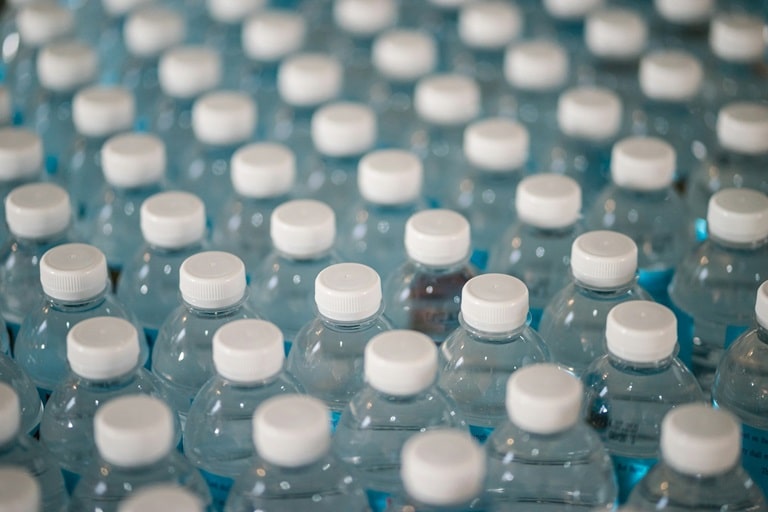
Does Bottled Water Expire: FAQs
Got any other questions about the life cycle of bottled water? Then keep on reading:
Yes, it’s generally safe to drink bottled water past its expiration date as it technically doesn’t “expire” in the same way that perishable foods do. However, the quality of the water may deteriorate over time, affecting its taste and freshness.
Tap water doesn’t have an expiration date. It’s treated and monitored by local authorities to ensure safety and quality. However, if tap water is stored in a container for an extended period, it can develop a stale taste due to the loss of dissolved oxygen.
The expiration date on bottled water is more about the manufacturer’s recommendation for peak freshness. It suggests that the water is likely to taste its best before that date, but it doesn’t imply that the water becomes unsafe to consume afterward.
Water itself doesn’t spoil or become unsafe over time because it doesn’t provide a suitable environment for bacteria or other microorganisms to grow. That’s why water typically doesn’t have a true expiration date.
While the FDA doesn’t require expiration dates on bottled water, some states, like New Jersey, have had laws requiring such dating in the past. However, expiration dates on bottled water are no longer mandatory in most places.
Conclusion: What to do with Expired Water?
While bottled water technically doesn’t expire, it can experience changes in taste, odor, or quality over time, especially if stored improperly. Understanding its shelf life and the signs of contamination is crucial for consumers and businesses alike.
When it comes to managing expired or unsellable bottled water, partnering with a waste management expert like Shapiro can provide an efficient and sustainable solution.
Shapiro offers specialized beverage destruction services designed to handle cases of expired bottled water. With our industry knowledge and expertise, we ensure that your expired water is disposed of responsibly and in compliance with regulations.
Baily Ramsey, an accomplished marketing specialist, brings a unique blend of anthropological insight and marketing finesse to the digital landscape. Specializing in educational content creation, she creates content for various industries, with a particular interest in environmental initiatives.
